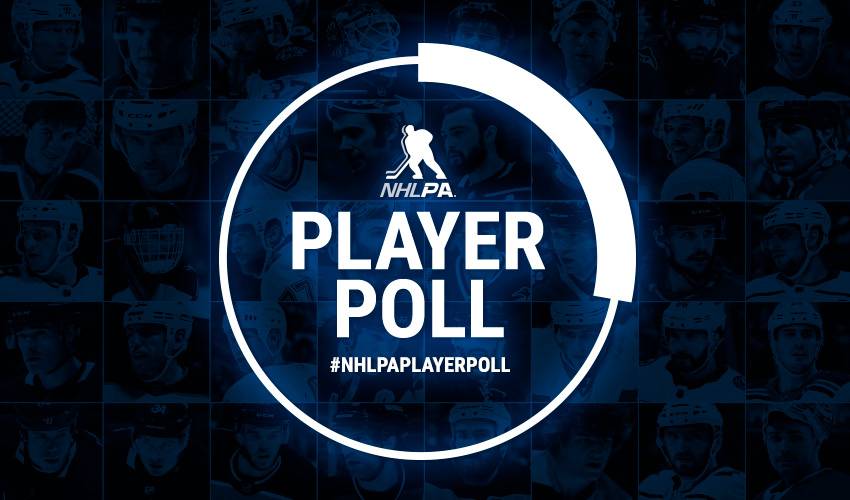blogofmike
Registered User
- Dec 16, 2010
- 2,348
- 1,192
So much of Richter's reason for being here now is the 1994 run, so I think it's worthwhile to take a holistic look at it.
Obviously 1994 is the biggest reason, but he was Team USA's goalie from 1991-2002.
The highlights would be 1996 and 2002. 1991 was good. 1998 was rough, (as was the case for a lot of Team USA.)
In 1991 he gets the nod over Vanbiesbrouck and Pat Jablonski.
In 1996, he's the MVP, and is ahead of Guy Hebert (injury replacement for Vanbiesbrouck) and Vezina-winner Jim Carey on the depth chart.
In 1998, Richter doesn't look good, but he gets most of the playing time. Vanbiesbrouck is subbed in against the Czechs. Guy Hebert doesn't play.
In 2002's Olympics he was named to the media-selected All-Star Team, Mike Dunham gets a game against Finland, they let Tom Barrasso have Belarus, and it's Richter all the way in the elimination stage.
Since we already know about 1996 and 2002, here's some (spotty) highlights from 1991, which may have been forgotten:
USA 6, Sweden 3
Team USA goaltender Mike Richter, a New York Ranger, lost his shutout at 4:41 of the third period on a goal by former Montreal Canadiens star Mats Naslund.
'We had a few chances before they got into our end,' said Naslund. 'But North American players are better to execute scoring chances. We had a few but we missed the net, and we didn't really get on the rebounds. They took care of their chances.'
Team Sweden received goals from Kjell Samuelsson and Charles Berglund within 16 seconds in the third period to cut the lead to 5-3.
'I was still thinking about the second one, and it shouldn't have happened,' Richter said. 'But the guys put the puck in when they had to.'
Canada 6, USA 3
No notable comments about Richter
USA 4 Czechoslovakia 2
No notable comments about Richter
USA 2, USSR 1
CHICAGO -- Team USA, guided by the steady goaltending of Mike Richter, reserved a spot in the Canada Cup semifinals.
Alexei Zhamnov broke Richter's shutout bid 51 seconds into the final period, connecting on a 15-foot wrist shot from the left circle to pull the Soviets within 2-1. But Richter held them at bay the rest of the way, including a shot by Igor Kravchuk with eight seconds remaining.
'He was immense in the nets,' Taylor said of the New York Rangers goaltender.
Following that goal, the Soviets dominated the remainder of the period, outshooting Team USA 16-6. But while the Americans played sluggishly in the period, Richter excelled, stopping a barrage of five or six shots in a 30-second span midway through.
USA 4, Finland 3 (Vanbiesbrouck 13/16 saves, so obviously no Richter comments)
Knockout Stage
USA 7, Finland 3
Richter (30/33 saves), apparently no one cared to file a game report...
Canada 4, USA 1
Richter was spectacular in the first two periods, turning aside 20 shots. He made a brilliant save on Winnipeg's Dale Hawerchuk late in the second period when his team had a one man advantage.
Canada 4, USA 2
Dirk Graham scored into an empty net with 42 seconds remaining and Richter lifted for an extra attacker.
With the score tied 2-2 entering the third period, Canada opened with a prolonged assault on the U.S. defense.
Richter made excellent stops with Paul Coffey stationed on the crease, robbed Brendan Shanahan and then draped his stick across the goal line to stop a shot from Rick Tocchet.
Neither goaltender was required to match the number of spectacular saves of the first game. Richter stopped 38 shots while Ranford made 27 saves.
Last edited:


